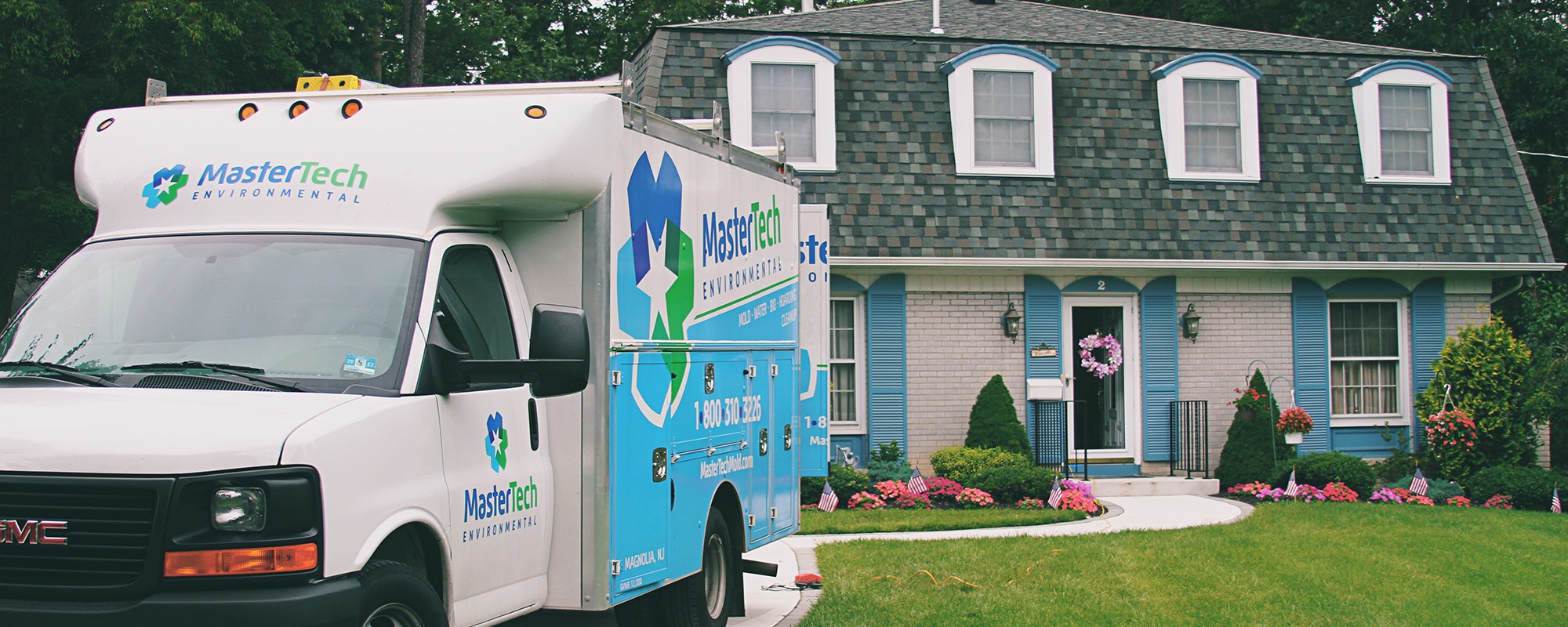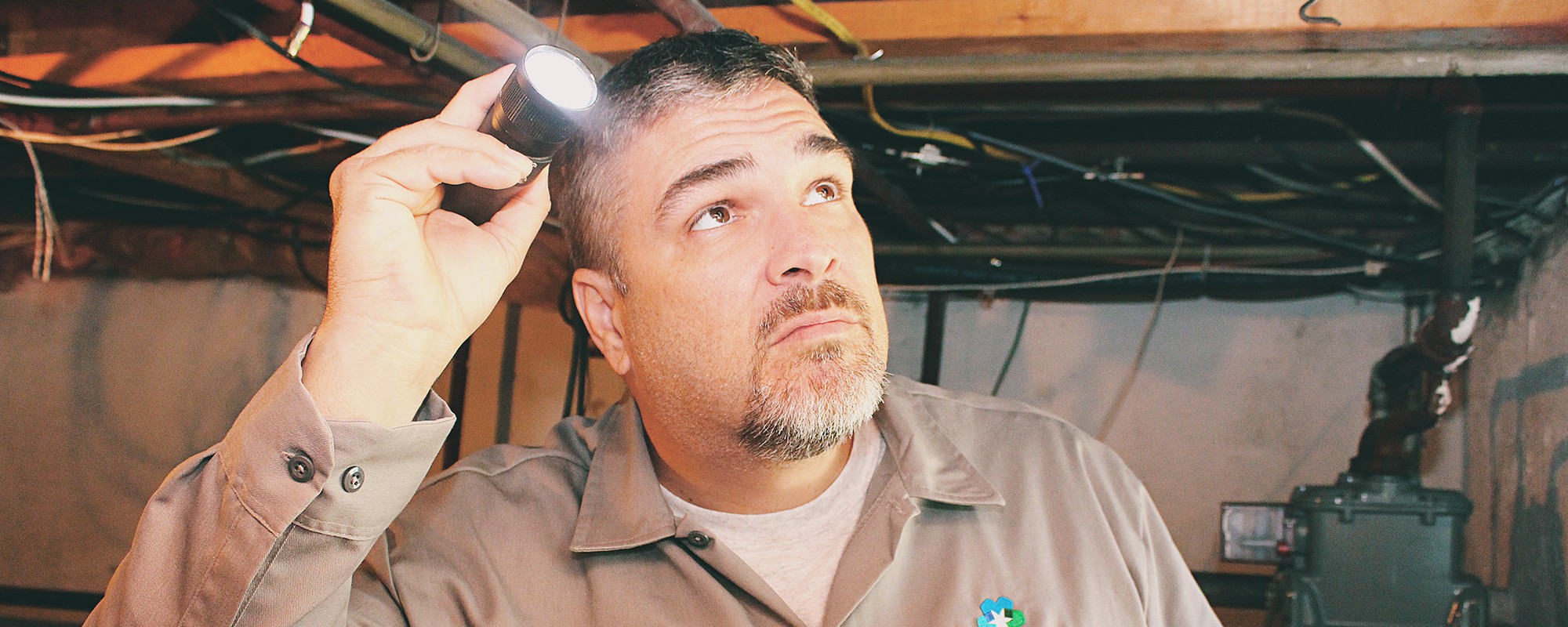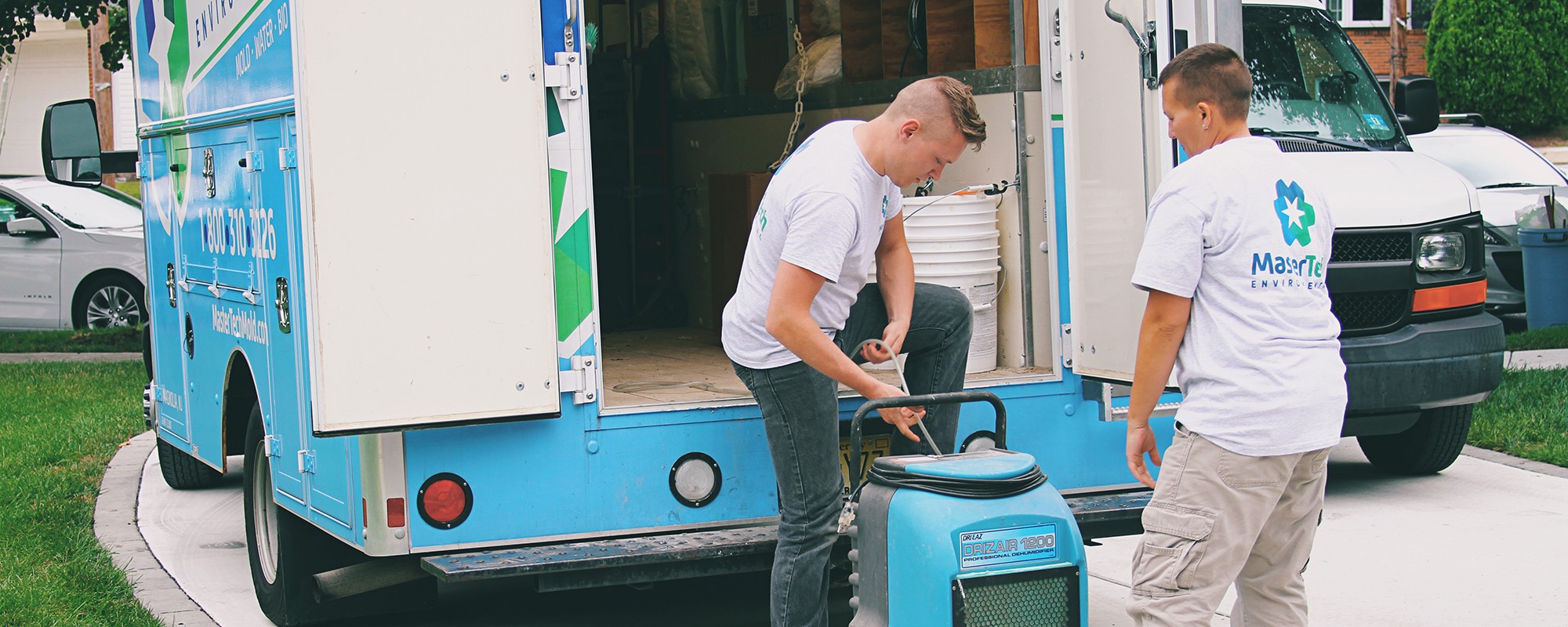Dealing With Water Damage in South Jersey Homes
Water damage can be a stressful ordeal for South Jersey homeowners. Water can be sneaky and creep into your home without notice. All too often, homeowners do not discover water damage until it has grown into a big, expensive problem. In the more extreme cases, moisture damage can render your NJ home beyond affordable (or practical) repair. The most severe cases often include heavy structural damage like mold, wood rot and foundation damage. Often times, homeowners can prevent severe water damage or at the very least contain and minimize it. The key is early detection and immediate action. Because, with enough time, even the smallest of leaks can lead to significant water damage. Protect your home and your family from serious water damage by learning more about rainwater intrusion prevention.
Rainwater Intrusion Prevention During Storms
The ideal way to handle water damage is to stop it before it starts. Your New Jersey home is often most vulnerable to water damage during periods of heavy rainfall or major storms. Here are rainwater intrusion prevention tips to protect your home and keep it dry.
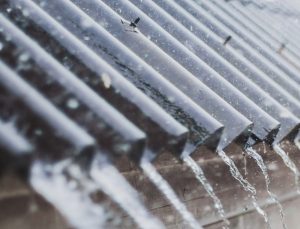 Roof– Your roof is the first line of defense against the elements and will play a key role in rainwater intrusion prevention. It can’t do its job effectively without proper maintenance and repairs as needed. Routine roof assessments and proper maintenance can preserve the life of your roof, so it can effectively keep rainwater out of your NJ home. Signs of roof damage can be easy to spot, you just need to know what to look for.
Roof– Your roof is the first line of defense against the elements and will play a key role in rainwater intrusion prevention. It can’t do its job effectively without proper maintenance and repairs as needed. Routine roof assessments and proper maintenance can preserve the life of your roof, so it can effectively keep rainwater out of your NJ home. Signs of roof damage can be easy to spot, you just need to know what to look for.
- Gutters– It is important to keep your gutter clean and free of debris. Your gutters can not function effectively if they are full of leaves, debris or other obstructions. Blocked or clogged gutters cannot properly funnel water down and effectively direct water away from the home. This can leave your home vulnerable to water intrusion.
- Wall Leaks- Water collected from clogged gutters will cascade down your exterior walls. With that, moisture can begin to penetrate through to your interior walls over time.
- Foundation Issues- Failing gutters will force rainwater to collect at the base of your home because it has no where else to go. Pooling water around your foundation can cause foundation damage and allow water intrusion into your basement or crawl space.
- Roof Damage- A gutter clog can force rainwater to travel up the roof under the shingles, ultimately causing a roof leak.
- Downspouts– Functional gutters (free of debris and obstructions) are designed to direct water down and through downspouts. Your downspouts should funnel water away from the home. In order to effectively divert water away from the home, your downspouts need to extend far enough. Typically, downspouts should extend at least 2 to 3 feet away from the property. However, depending on the property and the surrounding landscape, that may not be a sufficient length. If you notice still water collecting at the base of your house, you might need longer downspouts or possibly a drain pipe.
- Doors & Windows– Doors and windows are commonly vulnerable to rainwater leakage. Make sure that all windows and doors are properly installed from the very begin. NJ homeowners should regularly assess the condition of each window or door. If you detect any potential issues that could lead to water intrusion during the next storm or period of heavy rainfall, be sure to repair it right away. Additionally, water can seep through the space around window and door frames if they are not properly sealed. Therefore, proper caulking and sealing can go a long way to prevent water intrusion into your NJ property.
- Exterior Finishing– Like your roof, your exterior walls play a big role in protecting your home against the elements. Your exterior finishes, like siding or exterior paint, need to be well-maintained in order to effectively keep water out. Poorly maintained exterior finishes can allow rainwater to penetrate through to your interior walls and leave you with serious what damage. Periodically inspect your exterior walls. You should look for signs of damage in your siding, such as holes, wood rot, or warping. Early detection and immediate repair can go a long way in keeping rainwater out of your NJ property.
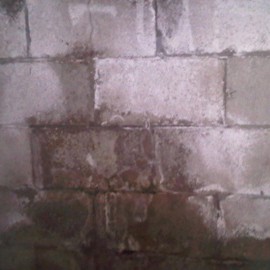 Foundation– Issues with your foundation can lead to water intrusion. Therefore, it is important for NJ homeowners to properly maintain and regularly assess the foundation walls. NJ homeowners should look for signs of foundation damage and address any cracks or foundation issues right away. You should also pay close attention to water patterns around your foundation. Water should always flow away from your foundation walls. If you notice water pooling around your foundation due to lack of effective drainage, you need to address it immediately.
Foundation– Issues with your foundation can lead to water intrusion. Therefore, it is important for NJ homeowners to properly maintain and regularly assess the foundation walls. NJ homeowners should look for signs of foundation damage and address any cracks or foundation issues right away. You should also pay close attention to water patterns around your foundation. Water should always flow away from your foundation walls. If you notice water pooling around your foundation due to lack of effective drainage, you need to address it immediately.
- Grading– Again, water should always flow away from your NJ property. Take a close look at the landscaping surrounding your property. The earth around the home should be sloped away from the house to divert water away. If you notice that the earth is sloping towards the home instead, this can be a problem. Sloping towards the home forces water directly towards your home and allows water to collect at your foundation walls. This can lead to moisture intrusion and serious water damage. You either need to excavate the land to adjust the sloping or install drains to counter the water flow and direct it elsewhere.
- Drains– If water is being directed towards your home, you might need to consider installing drains to help divert water away from the property. If you have drains, it is important to check them periodically to make sure that all drains are clear of debris and free of obstructions. Clogged or blocked drains cannot function properly and allow moisture build that can lead to water damage.
- Waterproofing– Waterproofing is a tactic to prevent water from penetrating the foundation walls and prevent moisture buildup within the interior space. Below grade basements may require basement waterproofing to help combat seepage or moisture buildup from groundwater. Basement waterproofing can mean the application of sealant materials, the installation of drains and sump pumps, and more. If you are considering basement waterproofing, you should consult a trained professional will be able to properly handle the job.
Rainwater intrusion prevention is ideal, but may not always be possible. If a major storm has led to significant water intrusion, you should contact a water damage cleanup professional for help.
Local Water Damage Cleanup Services in South Jersey
The right rainwater intrusion prevention tactics will go a long in protecting you home, but some storm damage may be inevitable. In the event that rainwater gets into your home and leads to serious moisture buildup and water damage, you might need to seek out professional assistance. If water has infiltrated into your NJ home, the affected areas need to be properly addressed in order to prevent additional damage. Improperly addressed moisture can mean widespread water damage, mold development and an expensive repair. Any standing water needs to be extracted. After exposure to water, some building materials will be non-salvageable and will need to be carefully removed. All affected areas need to be thoroughly dried out. A local water damage cleanup company in South Jersey will have the necessary equipment and experience to help you recover from a major water event.

